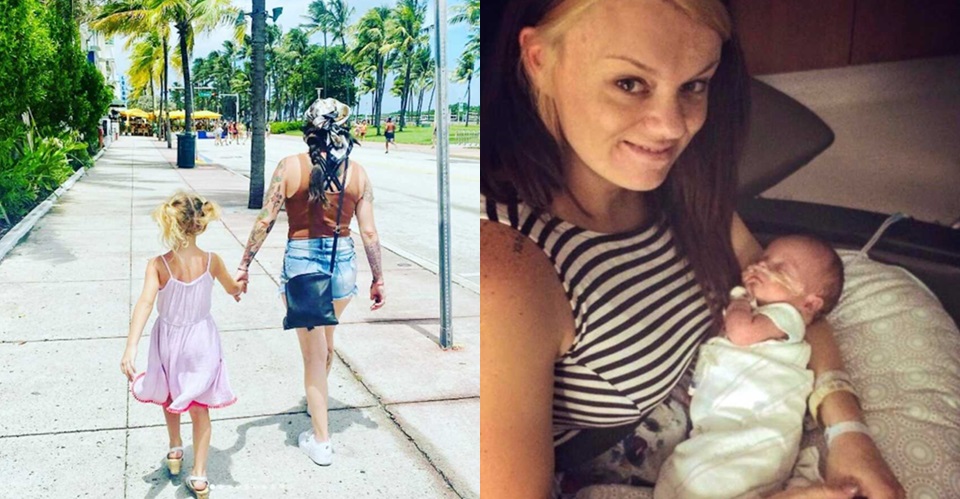She chooses sobriety daily to show up for her kids and herself clear-eyed, steady, and free. On July 4, 2018, she grilled with her kids on the back porch and started drinking early, like many days before. They planned to watch fireworks, but the next morning she woke with no memory of how the night ended. It was Monday, and she had a job interview in a few hours, but she was still drunk. She went anyway, she didn’t get the offer, in that sharp, quiet moment she finally admitted what she had been arguing with for years: she couldn’t control her drinking.
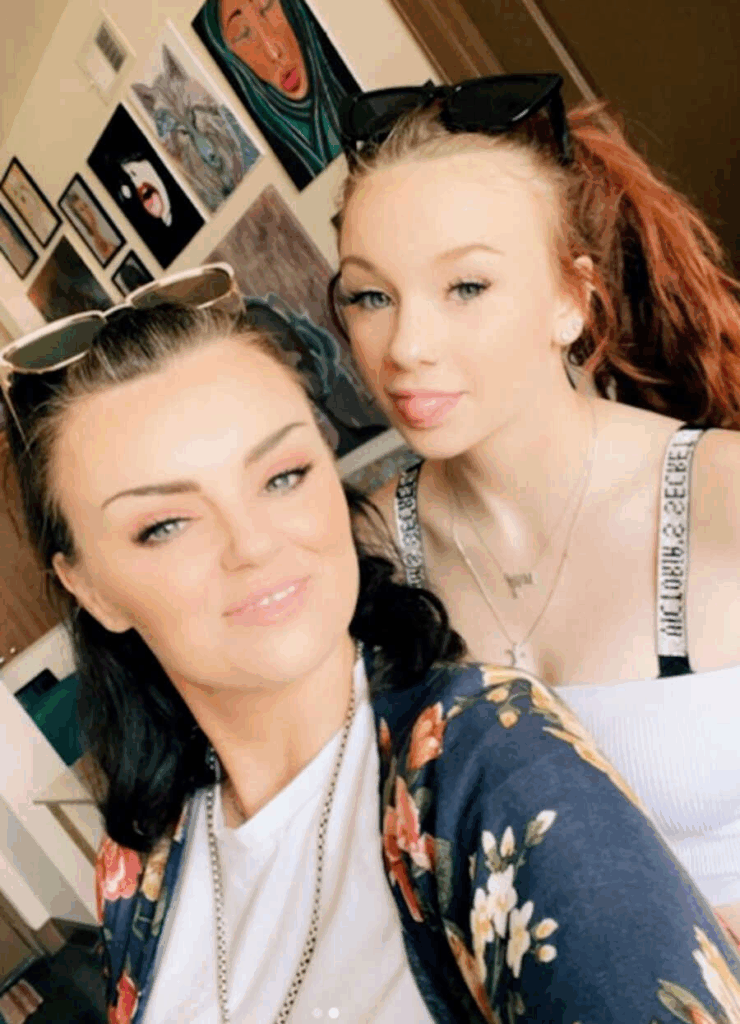
The warmth and calm that rushed through her body felt like the answer to everything that was anxious and heavy. She grew up in a house soaked in alcohol. Both parents drank, and her mother also battled bipolar disorder. Some days were electric and unstoppable; others were a long sleep with two daughters left to figure things out. When her parents found out she drank, they didn’t stop it. They threw parties and provided alcohol. She drank the way she wanted, and blackouts were regular. It was fun until it wasn’t.
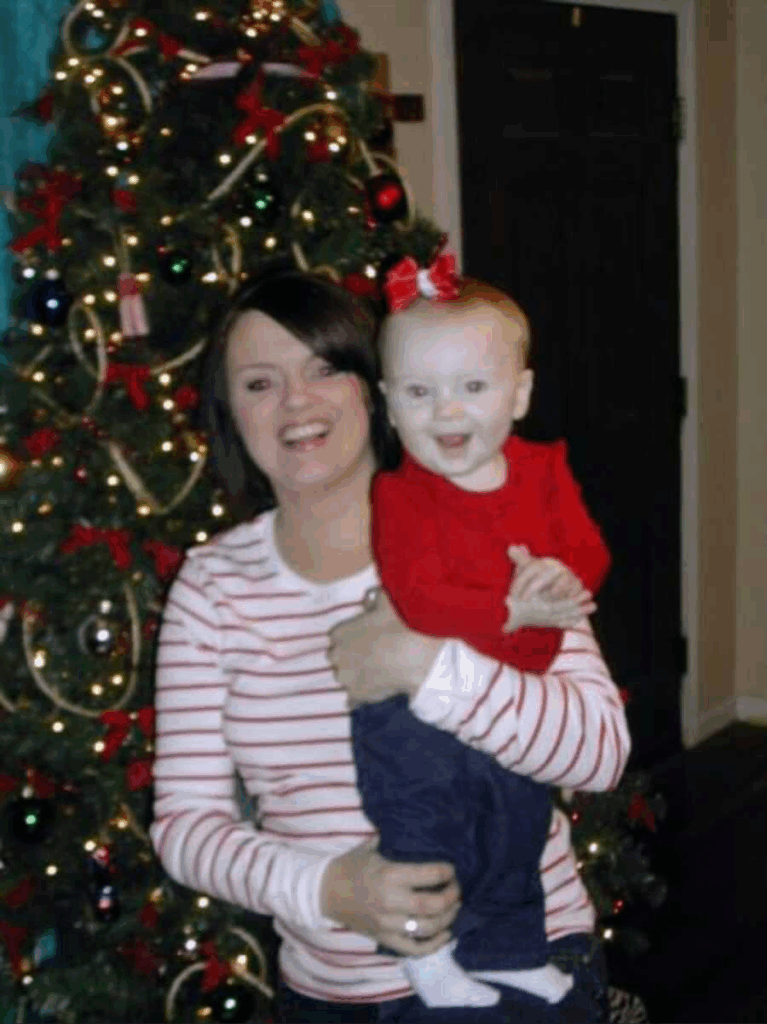
She became a mom in 2008 at twenty-two, living in Waco and studying at Texas State Technical College. Pregnancy felt like a reset button. She stayed sober, did well in school, worked hard, and promised herself her party days were over. A week after giving birth, she blacked out. Over time, she watched her grades slip, called in sick too often, and noticed that drinking kept sliding ahead of motherhood. She always had a reason: single mom stress, being young, a hot day, a holiday. The reasons piled up; the harm did too.
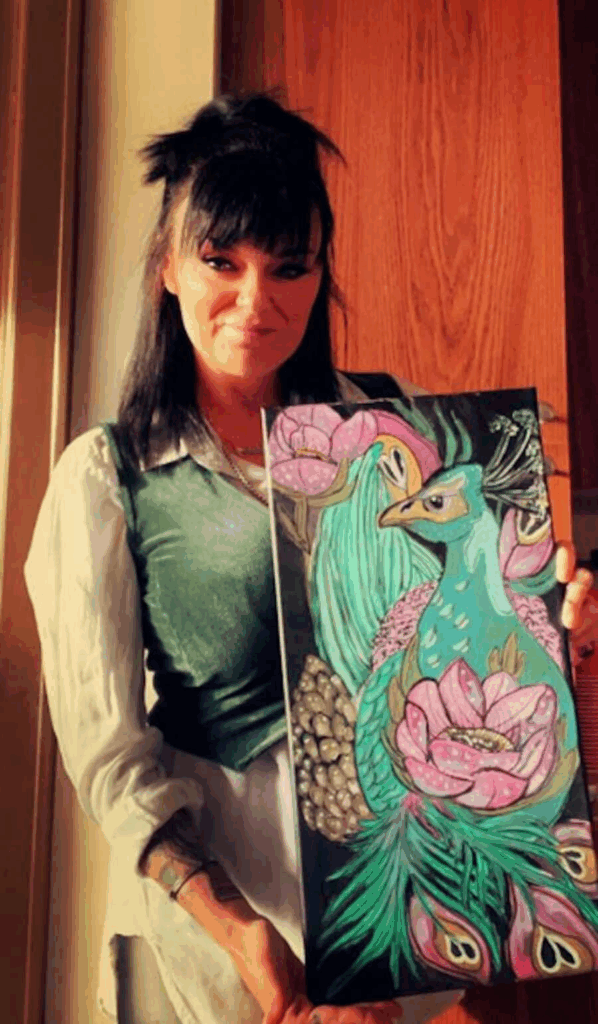
Years later, she had a second daughter at twenty-nine. This time, she drank during pregnancy, telling herself “just a little,” like people said was fine. It wasn’t her baby’s first early, and it spent two weeks in the NICU. Three days after the birth, she blacked out again. The “yets” of alcoholism started ticking off: jobs lost, cars wrecked, relationships broken. In 2019, after trying to cut back, quit, do therapy, and take medications, she checked into AION, a rehab in West Palm Beach. She stayed four months; days were full of groups, one-on-one counseling, AA meetings, step work, classes, and long looks in the mirror.
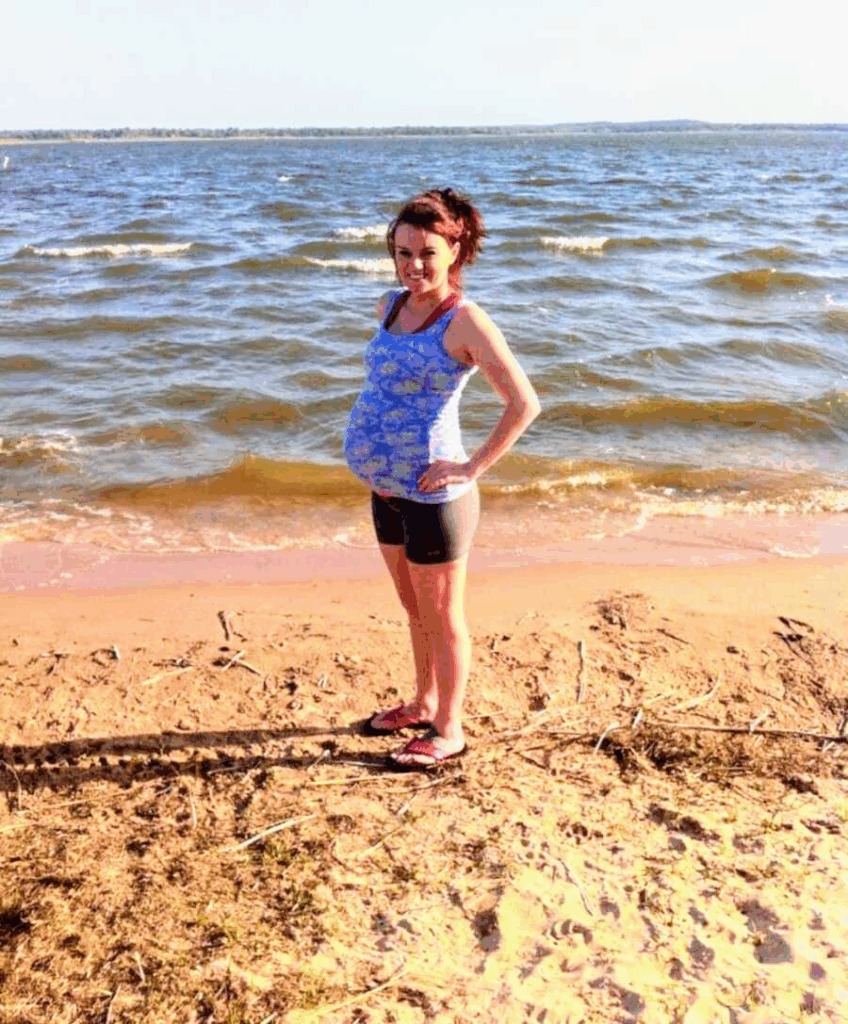
A friend told her she sounded like a different person, with life back in her voice. Her sister and oldest daughter flew in to surprise her; her daughter’s smile told the truth: She felt safe again. But recovery isn’t a straight line. After coming home, she relapsed. The disease came back hard, and her oldest moved in with her sister, the youngest spent more time with her dad, and she was left with an empty house, no job, and the fear of losing her home. The loneliness was heavy and dark; no amount of alcohol could numb it. She thought about quick, dangerous ways out and didn’t act on them.
Then came the shift. What was missing last time? She realized she needed something bigger than herself to keep her sober. She accepted that she would never drink like a “normal” person. She put her will into a Higher Power as she understood it, got out of her own way, and took direction. For the first year of sobriety, she guarded it above everything else.
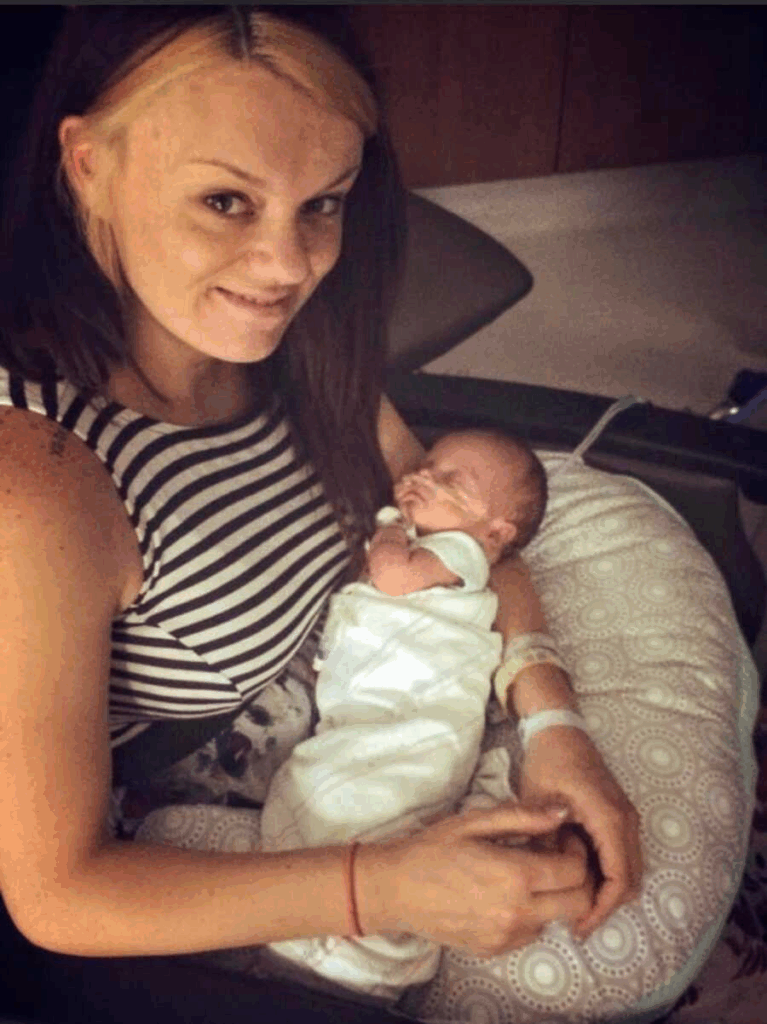
Rebuilding trust took time, months and months of showing up. She got honest, found a sponsor, worked the steps, made friends with sober women, and learned tools for resentment, guilt, and shame. She stopped playing the victim and took ownership of the pain she caused, the same way she once blamed her upbringing for all of it. She was a different woman. She was more patient and kind, but maybe she’ll always be a single mom. Perhaps she won’t have flashy money or a big house. But she could be a present mother, a supportive partner, a reliable friend, and a caring sister and daughter.

She takes her kids to Disney World and Florida beaches, stands with her oldest in the New Mexico mountains on Thanksgiving, and sees Christmas lights in New York City. The life she thought was impossible was now hers, one sober day at a time. She was grateful for her children’s patience, family and friends who stayed, the women who walked beside her, and the grace that kept her alive. She knows recovery was possible because she was living it.

